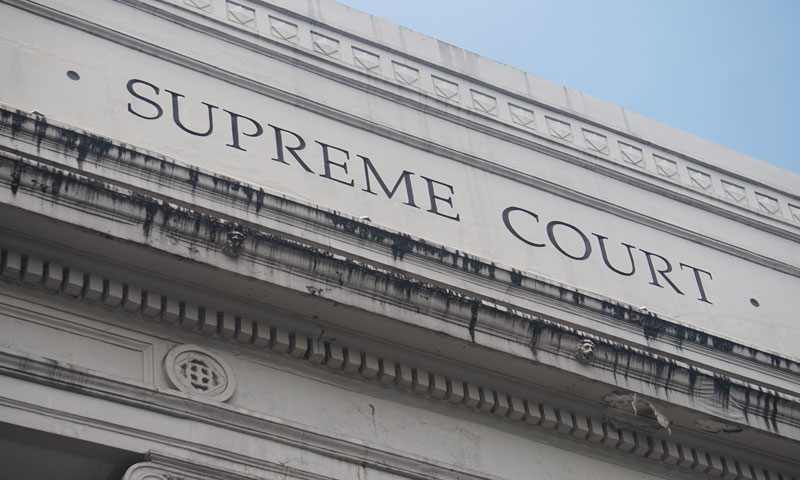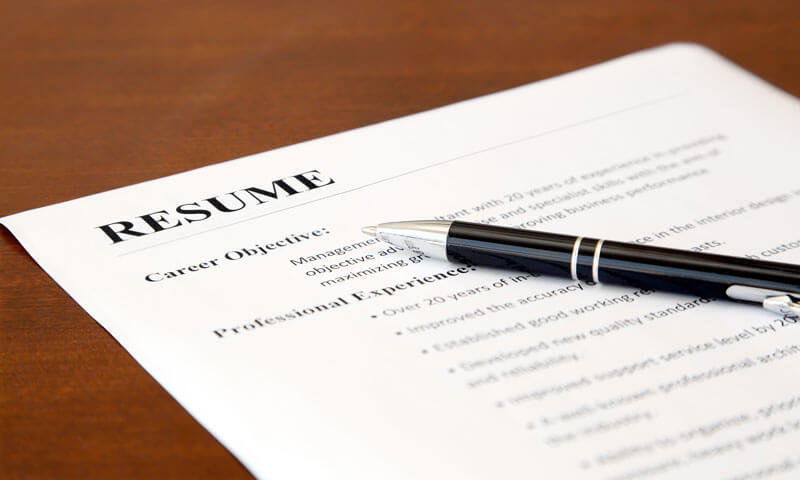
In the instant case, investigators secretly attached a GPS tracking unit to the personal car of a state Labor Department employee, Michael Cunningham, and used the evidence to prove during disciplinary hearings that Cunningham had falsified travel records and time sheets.
Cunningham sued claiming that his termination was improper as the warrantless use of GPS tracking invaded his privacy and amounted to unreasonable search and seizure.
In 2011, the Appellate Division, Third Department ruled in favor of the Labor Department albeit with strong dissents from multiple members of the panel. In the 3-2 ruling those in dissent found the GPS tracking was overly intrusive and recorded the location of Cunningham and his family on weekends and also during a week-long vacation.
Cunningham’s car had been tracked for 30 days, 24 hours a day.
The state submitted that it had the authority to use warrantless GPS tracking in civil cases, though in criminal cases, both the Court of Appeals and the U.S. Supreme Court ruled obtaining warrants to be mandatory.
The state has argued that it does not need a warrant to attach GPS tracking devices to suspect state employees because it is not tracking criminal activity, but workplace misdeeds.
The state also submitted that in Cunningham’s case it was compelled to use GPS because using alternative means like a private investigator did not provide the evidence the Labor Department was seeking.
And, according to the state, requiring the Inspector General to obtain a warrant in civil cases to place a tracking device “would impose intolerable burdens.”
If the Court of Appeals rules for the Labor Department, state employees may have to to justify an expectation in where their own car was.
The case is Michael Cunningham v. New York State Department of Labor, New York State Court of Appeals, No. 123.






































